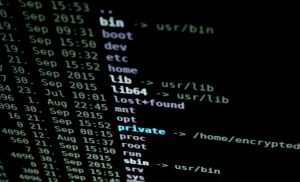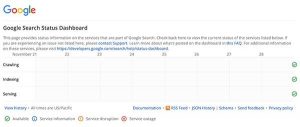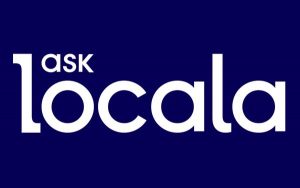
April is National Financial Literacy Month, but not all states make the grade when it comes to teaching our kids about money. NY1’s Tara Lynn Wagner filed the following report.
When it comes to managing money, studies have shown that most kids get their financial education from their parents, which isn’t always ideal.
“A lot of parents today don’t feel quite prepared because they didn’t get it in their school or they feel like the universe has changed so much that they’re really not equipped as well,” says Nan Morrison of the Council for Economic Education.
That’s why Morrison says it’s vital that young people be taught personal finance at school. That education, she says, can have a positive impact on the decisions they make for the rest of their lives.
“Typically, students who have more financial education tend to manage their credit card debt more appropriately. They tend to understand their student loans more appropriately. They tend to save more. They tend to have a more positive attitude about money. They tend to think more about what it means to have a budget and actually have a budget,” she says.
Unfortunately, not all schools offer classes in personal finance, and even fewer require them. In their 2014 Survey of the States, the Council found that 43 states have standards in place for teachers and school districts that choose to teach the material.
“But then it’s left to the school to decide if they’re going to implement it or not because it’s just a set of standards,” Morrison says. “So if somebody decides they want to teach it, they can, and they have a guide post.”
The statistic she prefers to look at is the number of states that require a personal finance course be taken at the high school level. Currently, that number is 17.
“While that’s three times as many states as 10 years ago, it’s still only 17 states,” Morrison says.
The gold standard, she says, can be found in Texas and Georgia, the only two states that require students take a course in economics and personal finance and require they get tested on that material.
As for the parents’ role in all this, Morrison says speak up. Talk with your child’s teacher or principal about the curriculum, and while you’re at it, talk with your child about money.
“The most important thing that they can do is have the conversation with their kids and learn together,” Morrison says.
For more information, or to download the council’s parent guide, go to councilforeconed.org
Read more on NY1
(367)








